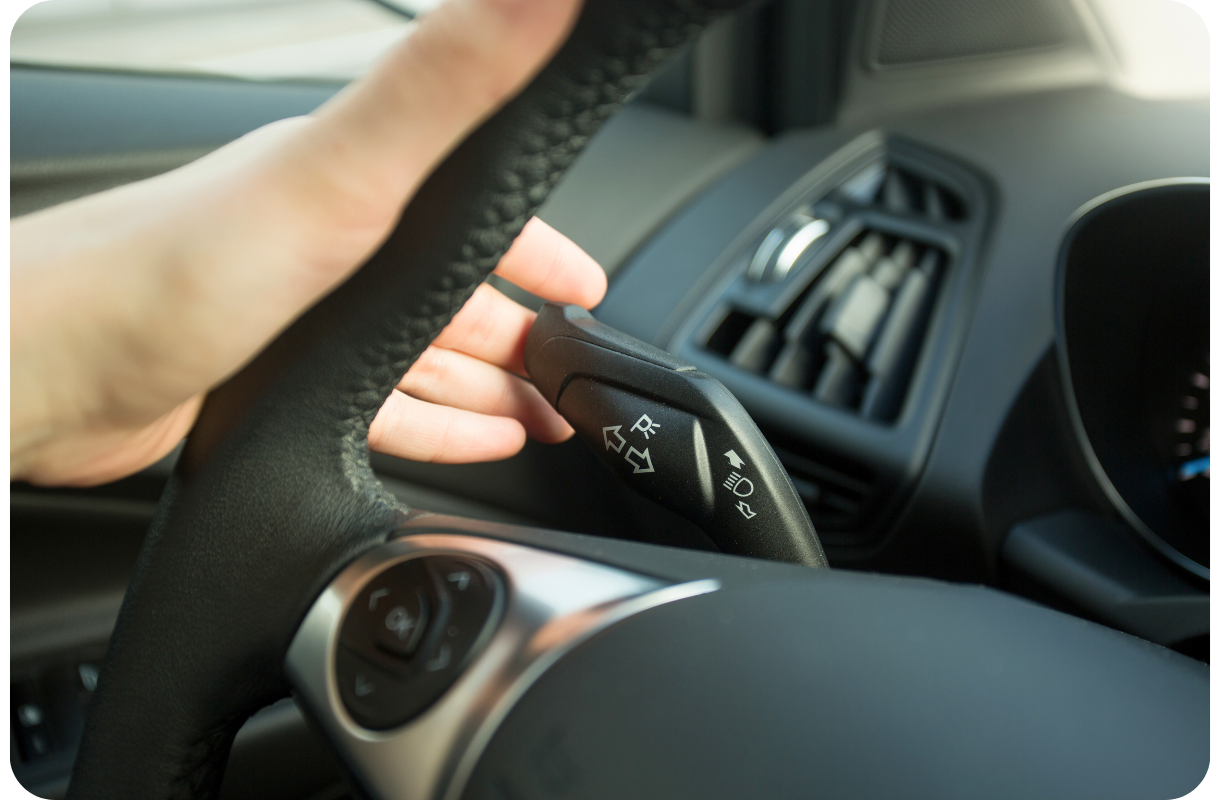
Buying a used car? Learn what to check, questions to ask, and expert tips to avoid costly mistakes.

Buying a used car? Learn what to check, questions to ask, and expert tips to avoid costly mistakes.
Buying a used car can be a smart move when you know what to look for. It often means paying less, avoiding the biggest chunk of depreciation, and getting a vehicle that still has plenty of life left in it. But without the right plan, it can also be stressful. The key is knowing exactly what to do, what to check, and what to ask before you sign anything.
This guide covers everything you need to know, from your first bit of research to the final handshake. Think of it as your used car inspection checklist that's clear, practical, and based on real buyer experience.
Before anything else, take time to figure out what kind of car actually fits your life. A little research can save you from expensive surprises later.
Start with a few basics:
After you answer those questions, look at Kelley Blue Book or Edmunds to see how much similar cars are selling for. It helps you spot fair deals and avoid listings that look too good to be true. This is one of the most important things to do when buying a used car; knowing the average price gives you the upper hand when it’s time to negotiate.

You can learn more from a clean title and a clear history report than from any sales pitch. Get the Vehicle Identification Number (VIN) and check it out with a service like AutoCheck or CARFAX. You can see reports of accidents, the history of the car's owners, and any recalls that haven't been fixed yet.
Always compare the VIN on the report to the one on the car’s dashboard or door frame. If they don’t match, walk away.
Ask for service records too. Regular maintenance shows that the previous owner looked after the car. Skipped oil changes or missed inspections can be warning signs of neglect.
If you’re uncertain about finding the VIN, here’s a helpful guide on locating your VIN.
This is where the real inspection happens. Bring a flashlight and take your time with it. Looking carefully now can save you a lot later on.
If something doesn’t sit right, stop there. Ask a mechanic you trust to give it a quick once-over before you decide. That short pause can save you from making one of the biggest mistakes when buying a used car.
Even if the car looks excellent, never skip a professional evaluation. A mechanic can check areas most buyers can’t, like the undercarriage, brake wear, suspension, and transmission.
Most shops offer a pre-purchase inspection for a small fee. It’s money well spent because it can uncover hidden problems or upcoming repairs.
If the seller refuses to let a mechanic inspect the car, consider that a red flag. A confident seller should welcome transparency.
You can also ask your mechanic to confirm whether any factory warranty remains or whether it qualifies for extended protection. For more on that, see all you need to know about used car warranties.
Ask questions that reveal how the car was cared for. Here are some of the best ones:
You can also ask if the vehicle still has factory coverage and whether it’s transferable. Many manufacturers’ warranties follow the VIN, while extended protection plans can be reassigned. Learning about coverage upfront helps you decide whether a plan from Chaiz might make sense once you buy.
This kind of questioning is essential buying a second hand car advice; it’s the easiest way to spot hidden issues before money changes hands.
There are a few traps first-time buyers fall into, and they’re simple to avoid with a bit of patience.
A little patience now means fewer headaches later. For example, once you’ve purchased your car, you can check whether it still qualifies for protection by looking at car warranty vs. car insurance: is there a difference.
These are the tips for buying a used car that seasoned drivers swear by. Slow down, do your checks, and make decisions based on facts, not pressure.
The sticker price is just the beginning. When you’re calculating affordability, add:
You can estimate monthly expenses by comparing models side by side. Some cars cost less upfront but more to maintain over time. Balancing these costs is one of the most practical things to do when buying a used car, especially for long-term savings.
Your inspection shouldn’t stop once you decide on a car. During the test drive, note how the brakes respond and whether the steering feels firm. Check that the air conditioning cools quickly and that warning lights go off after ignition.
If you’re comfortable doing so, learn how to check the engine oil level in your car to confirm the engine is properly maintained.
Always end your test drive by parking on a flat surface and checking for leaks underneath the vehicle.

Once you’re confident in the car, review the paperwork before paying. You should have:
If you’re buying from a dealer, read every document before signing, especially anything labeled “as-is.” That phrase means the seller is not responsible for repairs once you leave the lot.
When you’re buying privately, double-check that the title matches the seller’s name and that there are no outstanding loans or liens. Following this buying a second hand car advice ensures your purchase stays legally sound and worry-free.
Once the sale is complete, make it official by transferring the title and registration into your name as soon as possible. Then contact your insurance provider before driving away.
Your next step is protection. Even the best-kept used cars can develop problems over time. That’s why Chaiz partners with trusted administrators offering transparent vehicle service contracts designed to fit your budget.
You can compare plans, read real reviews, and learn how Chaiz works to find coverage that suits your needs.
Buying a used car isn’t just about finding one that looks decent on the lot. It’s about the prep work you do before you ever show up. The research, the questions you ask, and the notes you take along the way make the real difference between a deal that feels right and one that causes regret later.
From checking prices to understanding warranty coverage, these are the key things to do when buying a used car. When it’s time to protect your next vehicle, head to Chaiz. There you can compare real quotes, look through plan options, and choose the coverage that fits your budget before you buy.

Live quotes in <10 seconds

Best-price guaranteed
5K+ customers trust us